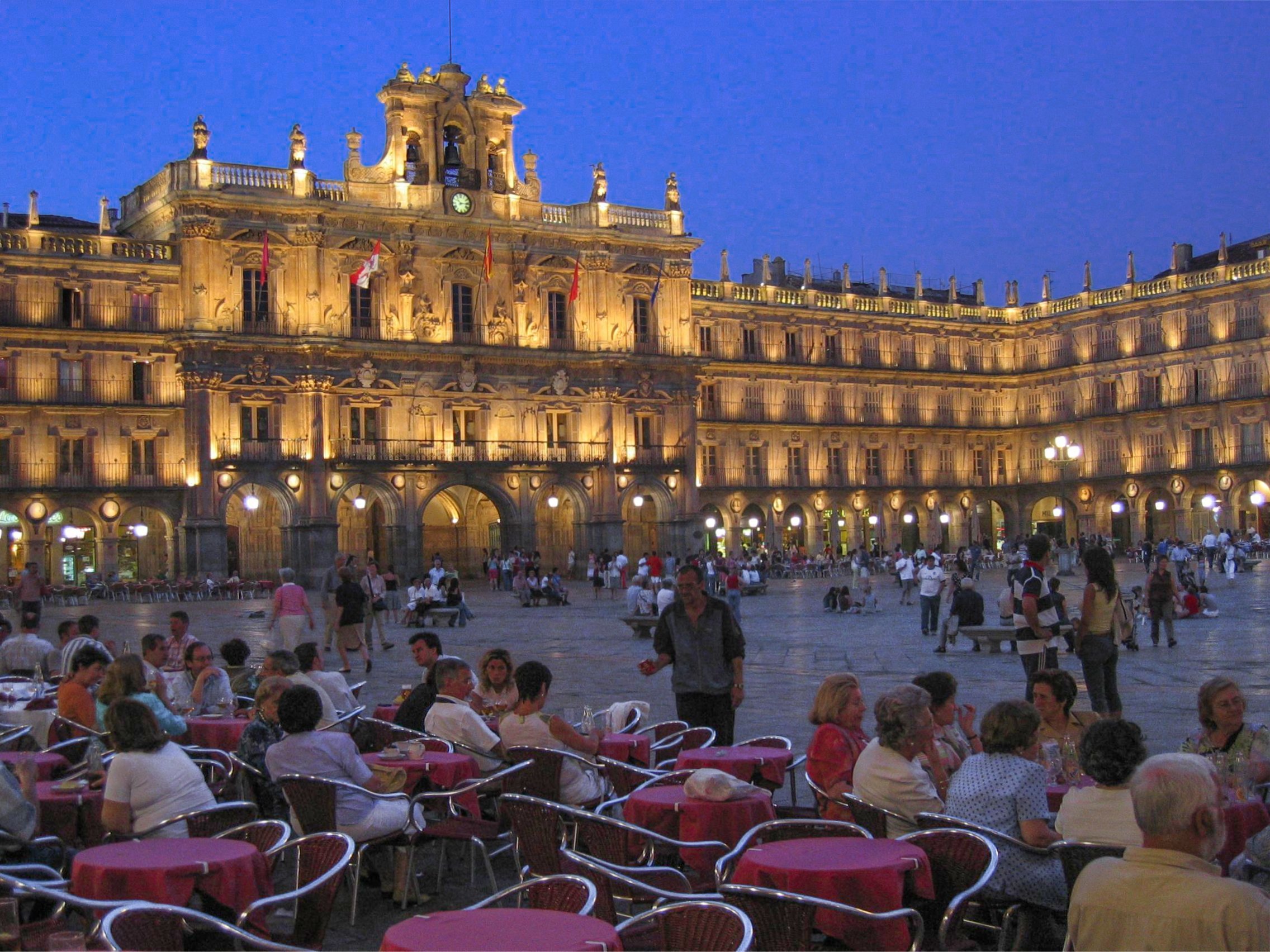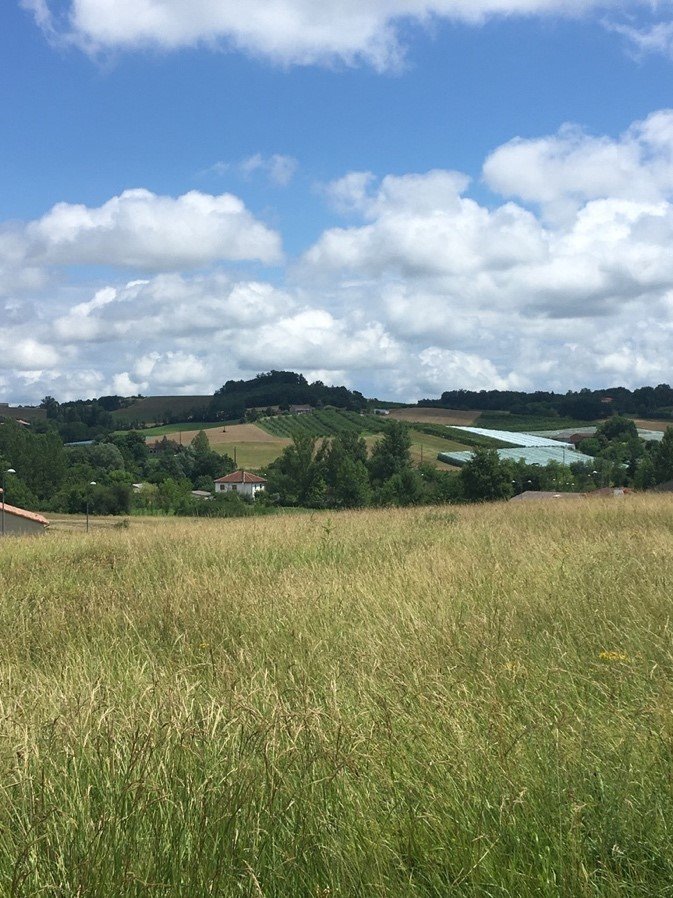Does Cambridge have its own dialect of foreign languages?
Salamanca: a deceptive walk in the park, or should I say, Plaza Mayor? (Image Credit: via Wikimedia Commons)
Prior to my year abroad, a stark warning, given by a second-year Spanish translation teacher after having explained yet another high-register tendency, rang in my ears: ‘si queréis tener amigos españoles, nunca, nunca, nunca habléis así’. Fortunately, blurring the boundaries between registers did not leave me in such a predicament in Spain and France. Instead, it was a frequent source of collective mirth with most people that I met, and it opened my eyes to the possibility that Cambridge has its very own dialect of foreign languages.
Shortly after arriving in Salamanca for a British Council teaching placement, I was under the impression that the year abroad was effectively just an oral supervision in situ; with many of my first conversations with one of my flatmates centring on the European Union and Catalan, it seemed as if my unshakeable accent and a few grammatical errors here and there were all that was holding me back. However, things took a slight turn when another flatmate showed me around the kitchen. When was the last time that I had to actively use words for kitchenware? The bamboozlement that being asked ‘dáme ese delantal’ provoked alongside these worldly debates was certainly an odd wake-up call: how was it possible to speak a dialect so ill-equipped for the simplest of daily conversations, yet so well-equipped for debating the intricacies of the euro?
Fortunately, these gaps were quickly filled in, but some of the conversation topics that I thought were normal to discuss meant that, while you can leave the Raised Faculty Building supervision room, that room will not leave you. During one breaktime in my school, I asked my colleagues about the mostly obsolete future subjunctive, adding that it might be crucial for my translation project. The responses were a combination of laughter, confusion, but also compliments, as my good friend the Classics teacher explained its uses to me. I am sure that he meant well by calling me a ‘maestro de la lengua castellana’, but I was able to laugh at the irony of this compliment when, in the same breaktime, I had to ask for the Andalusian dinner lady to repeat several bits of our quite ordinary conversation, as well as have several staff-room jokes explained to me later that week.
I knew that more had to be done in order to even out these quite bizarre tendencies, so there was only one solution, already touted by Ana Mena in the song ‘Solo’ (with Omar Montes): vete pa’ La Isla De Las Tentaciones.
Watching Spain’s answer to Love Island with my flatmates opened up completely new horizons: I heard swear words for the first time! And slang! And normal conversations! Discussing and quoting the show turned out to be the funniest academic work that I have done so far. It also turned out to be a reliable party trick when meeting my flatmates’ friends. Despite some disappointment at my perceived drop in standards, some teachers admitted that they were also fans, which led to some heated weekly debates on La Isla. In all of this, I did have to accept a slightly new image: I was now the guiri who could quote reality TV (and, funnily enough, expressions like ‘esta noche, carricoche’ sounded a little bit different when they came out of my mouth…). Suffice to say, this was a price that I was very happy to pay in order to sound more normal and to shake off the Cambridge dialect.
My short internship in France’s rural south-west provoked a slightly different reaction. While the oddities of the Cambridge dialect of Spanish (for me, at least) were mainly confined to vocabulary (or a lack thereof) and conversation topics, I quickly discovered that the Cambridge dialect of French that I spoke was an amalgamation of 19th century Balzacian expressions and the sort of grammar confined only to a Le Monde article. (However, this is not to say for a second that I was flawless in my expression!). As it turned out, speaking in inversions, for example when asking my boss ‘que faut-il faire aujourd’hui’, was only how people spoke if they wanted to bump up their French oral grade. I also had no idea that nobody ever says ‘ainsi’ when speaking and that ‘je ne le mange guère’ was an expression fresh out of the 19th century. This, paired with using words like ‘chetif’ to describe her cat, and telling her that ‘je les ai envoyés maintes fois’, made my boss unsure whether to laugh or be genuinely concerned. Having seen this all before, I, on the other hand, was perfectly happy to mock myself with my colleague.
The rolling pastures of the French countryside, where some expressions rolled off the tongue better than others. (Credit: Raphael Lasserson-Rossiter)
As I bade farewell to my internship with a decidedly lower register, my boss’ remarks that I had to know the difference between written and spoken language really stuck in my head. In most real-world contexts, she is right. However, as I quickly remembered when I returned to Cambridge, the MMLL department does not quite work like that. Whilst I felt more relaxed during my oral exam than I have done in previous years, forgetting high-register synonyms for words like ‘emphasise’ was one of the first indicators that my dialectal journey had gone full circle. Yet readjusting to Cambridge has not involved a complete regression; for the first time ever, I can tell whether some things in translation classes ‘sound right’. Having a bit more vocabulary has also helped a bit. However, when it came to discussing the subtly different ways of translating the word ‘boat’ into Spanish in one class, a classmate of mine commented that ruminating upon the subtly different meanings of ‘vessel’ and ‘ship’ was hardly a stand-out year abroad memory. Trying to speak Spanish like a Spaniard and French like the French is a beautiful endeavour. But these attempts, however in vain, taught me that living in the unique, high-register dialect of foreign languages at Cambridge is a cultural immersion of its very own.

